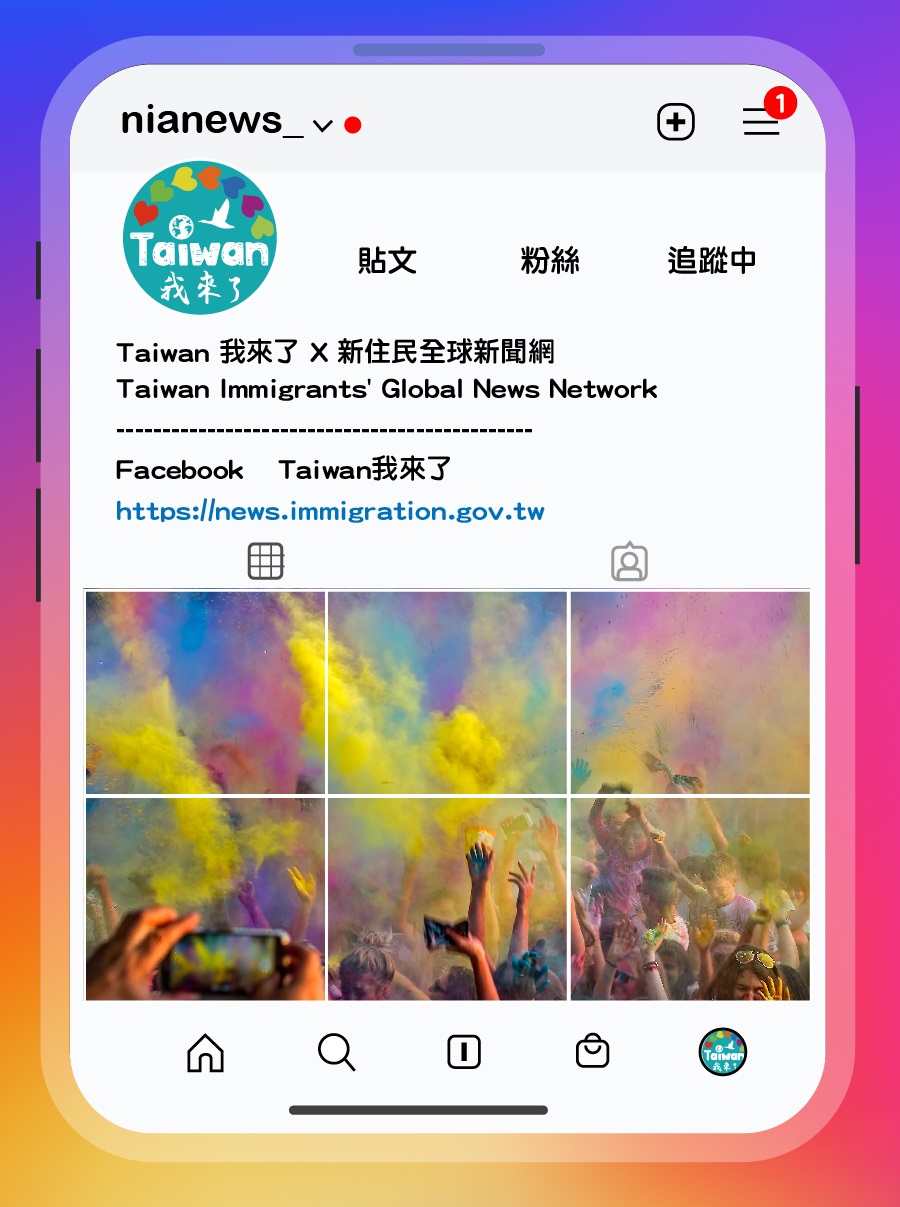According to PH second most vulnerable in region to cyberthreats | Inquirer Business, based on data breaches that at least one Filipino has experienced, cybersecurity firm Surfshark ranks the Philippines as one of the most vulnerable nations to cyberthreats.
The Philippines has had 124 million hacked accounts since 2004, the second-highest number in Southeast Asia, according to data from Surfshark. With 144 million, Indonesia topped the list.
Over the course of the investigation, according to PH second most vulnerable in region to cyberthreats | Inquirer Business, almost 70 million passwords were compromised, which presented threats such as account takeover that might result in identity theft and extortion.
According to PH second most vulnerable in region to cyberthreats | Inquirer Business, the Philippines came in fifth place in Asia based on the number of breaches since 2004. It was ranked 17th in the world.
52 accounts are compromised for every 100 individuals in Asia on average. However, according to Surfshark principal researcher Agneska Sablovskaja, this figure rises to 106 per 100 individuals in the Philippines.
According to statistics, a typical Filipino has experienced data breaches around once, the researcher stated. Since the epidemic, text scams—a type of phishing activity—have become more prevalent.
Typically, these spam communications pretend to be job offers and lottery riches in an attempt to trick gullible recipients into clicking on dubious links and divulging personal information.
Due to its affordability and ease of use, phishing is still the tried-and-true method used by hackers to deceive people online, according to Adrian Hia, managing director for Asia-Pacific at cybersecurity firm Kaspersky.
In September alone, PLDT Inc. and Smart Communications banned almost 5.5 million spam messages. In contrast, Globe Telecom Inc. stopped 2.59 billion possible SMS frauds between January and September.
Since it eliminates the threat actors' anonymity, the government has instituted SIM, or subscriber identity module card registration nationwide in an effort to slow the spread of SMS frauds.
Due to their financial incentive, according to PH second most vulnerable in region to cyberthreats | Inquirer Business, cyberhackers have persisted in developing new strategies to deceive the public. As a precaution, cyber experts have been recommending people to disregard questionable SMS messages.







